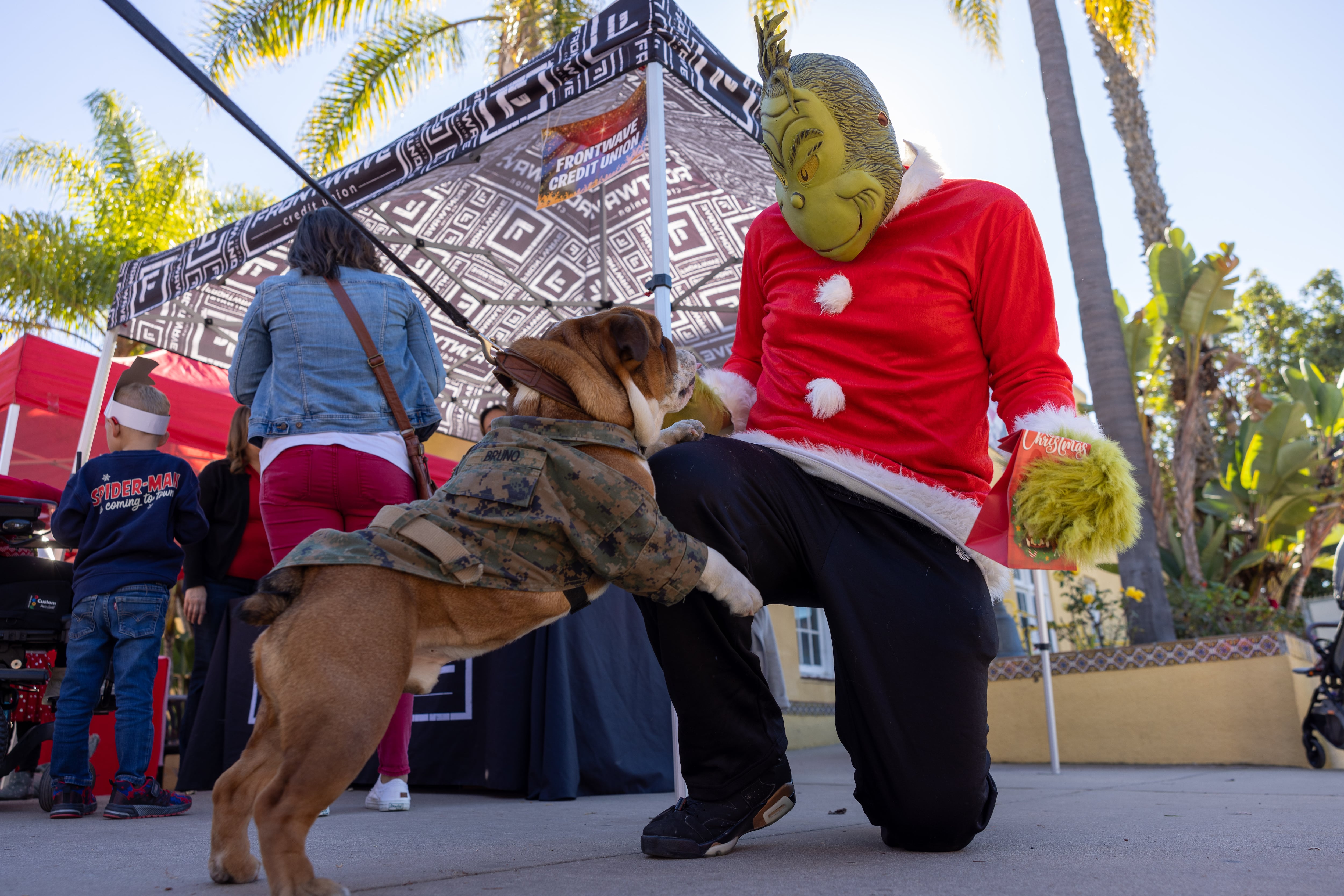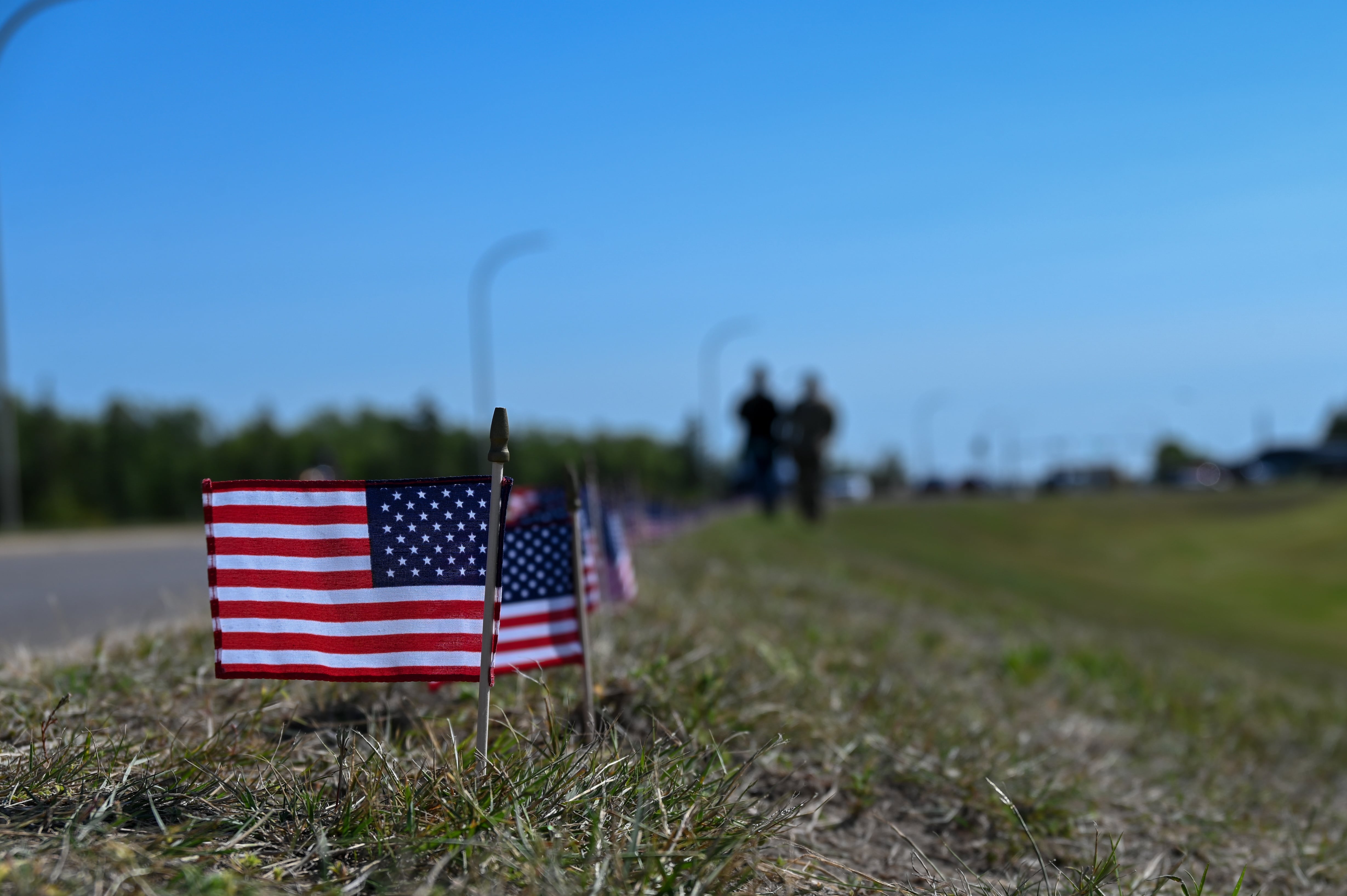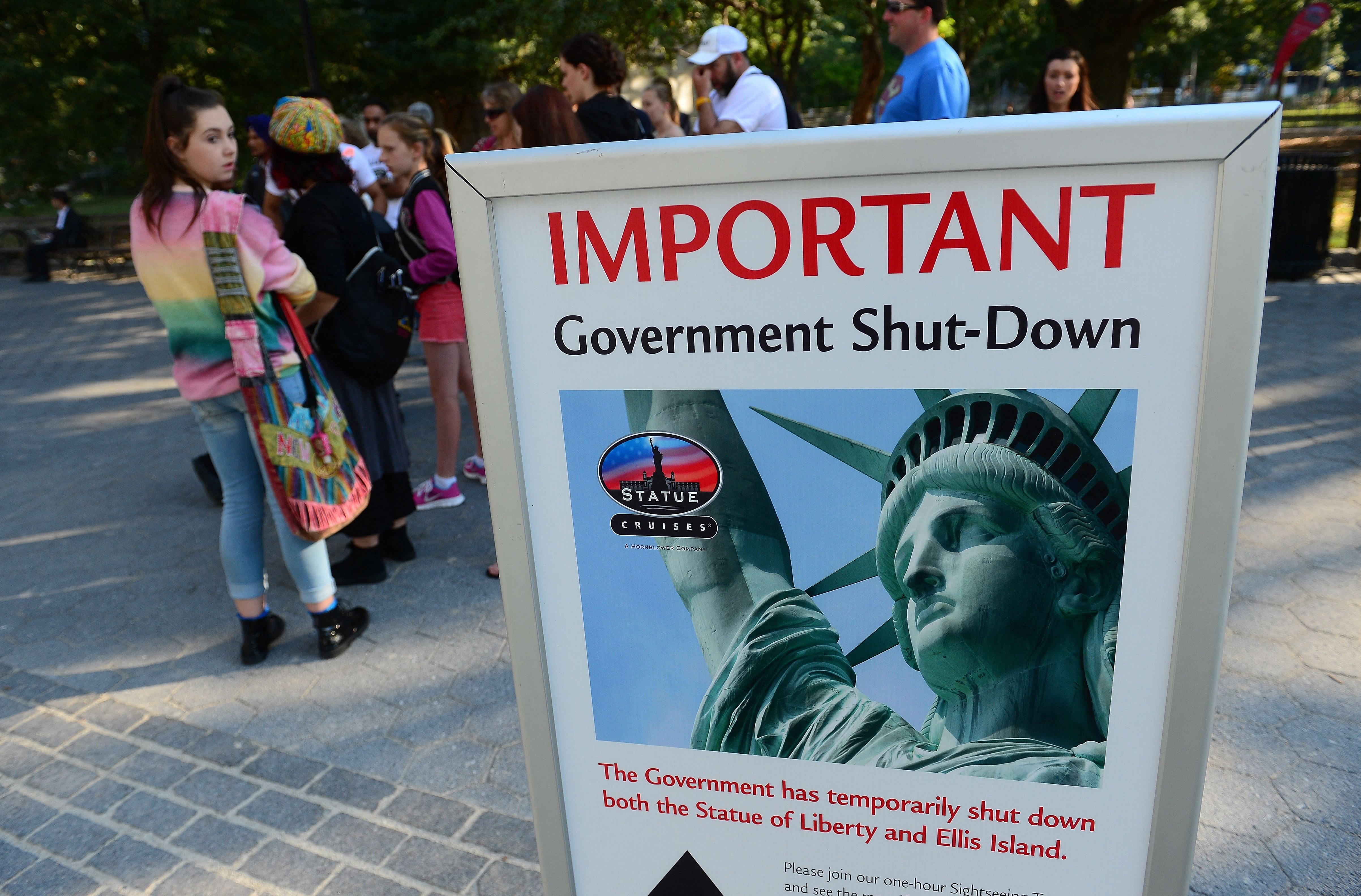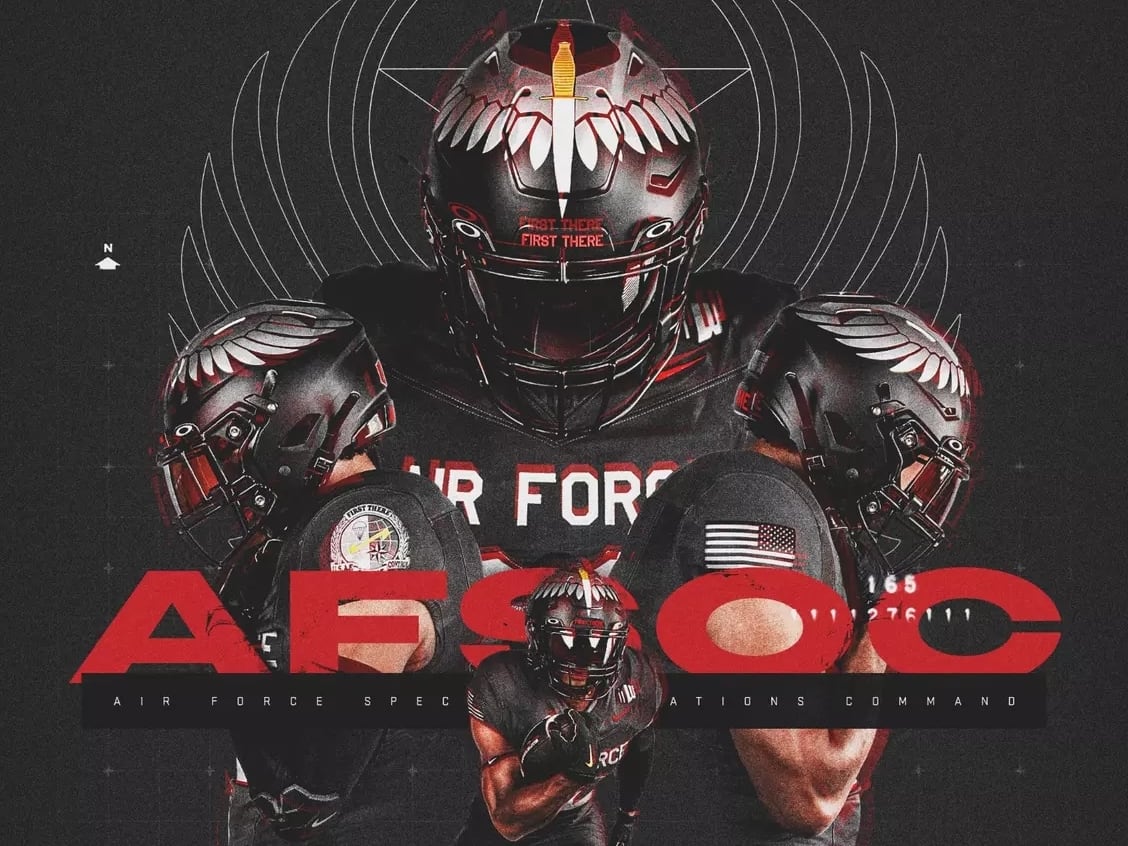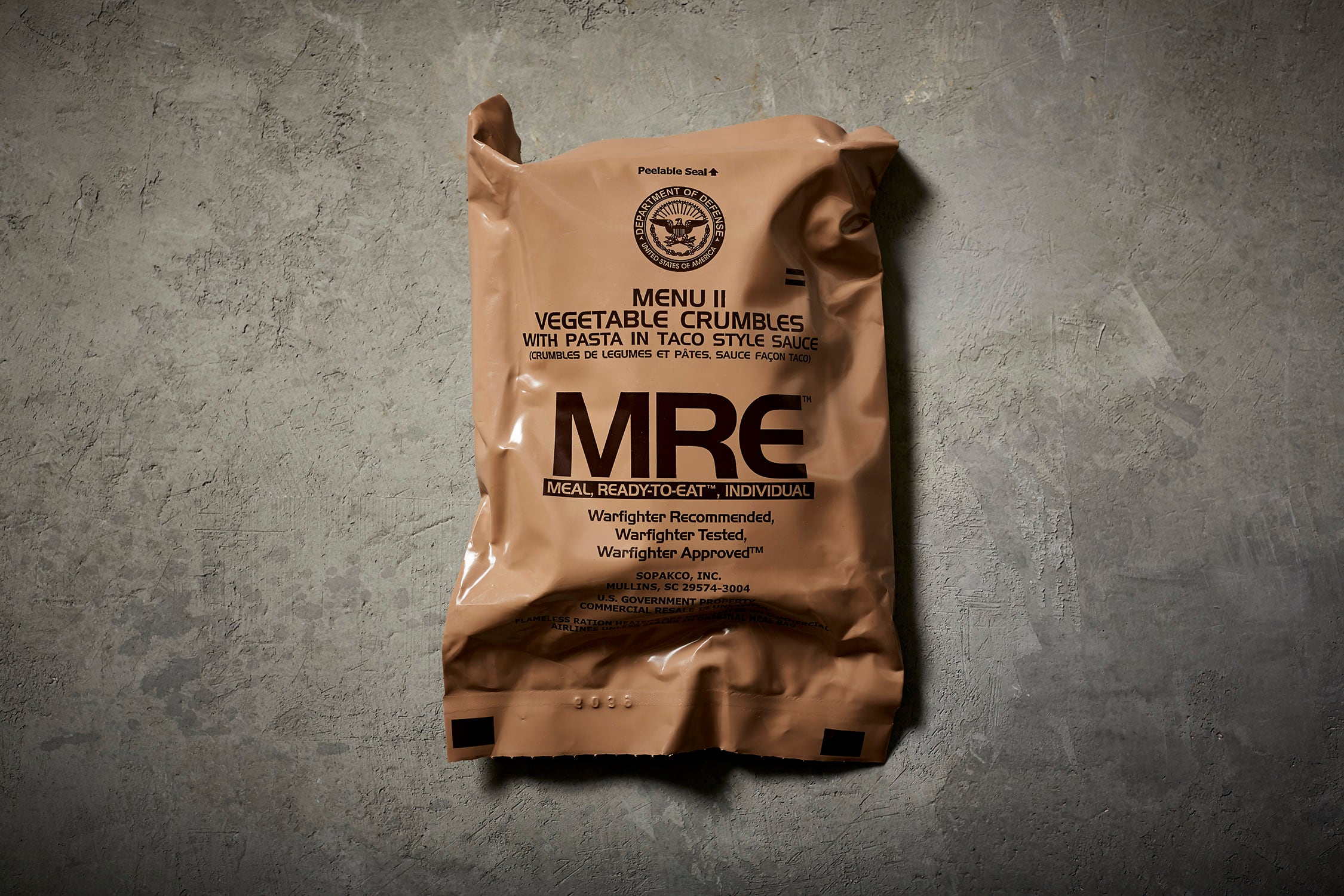Starting Oct. 1, sailors who are currently being forged by the sea will at long last no longer blend in with it.
After 11 perilous years of parading around looking like victims of an airplane toilet explosion, the Navy finally is saying sayonara to the Type I Navy Working Uniform, a heinous half-nylon boondoggle that not only wasted hundreds of millions of dollars but endangered the lives of everyone who donned the accursed “blueberry."
That’s because until 2012, sailors didn’t realize that a mere spark could turn them into blueberry flambé.
Or — as the Navy Clothing and Textile Research Facility eloquently put it after testing a uniform that doubled as “a thermoplastic fiber” Yankee candle that “melts and drips” when lit — it “will burn robustly until completely consumed.”
Surveys suggest most sailors, if given the opportunity, will robustly choose to avoid welding clothing to their skin.
A pile of blueberries and a lone Zippo might’ve solved the Navy’s NWU I problem in 2013 but, instead, the admirals embarked on a three-year process of swapping it out for what looks suspiciously like Marine Corps digital woodland cammies.
At least sailors falling overboard today will stick out like a deciduous forest inexplicably bobbing from the sea and be saved.
If there’s a hero in this sordid sartorial story, it’s probably the vice chief of naval operations, Vice Adm. Robert P. Burke, who orchestrated the blue-to-green shift beginning in 2016 when he was the chief of naval personnel.
“Our sailors want uniforms that are comfortable, they want them to be lightweight and breathable and ultimately, they want fewer of them,” Burke told Navy Times in 2016.
Fewer uniforms in a seabag already overflowing with unnecessary items is a welcome concept for any sailor.
A cash-strapped seaman apprentice shouldn’t be required to maintain as many uniforms as the Nike-fueled University of Oregon Ducks football team.
Fleet feedback told Burke that the Type III was favored because it’s "lighter, it breathes good in hot weather climate, it’s got the right accessories for cold weather climates — and it just wears better.”
Even if it’s green and brown and makes everyone look like a plumper Marine.
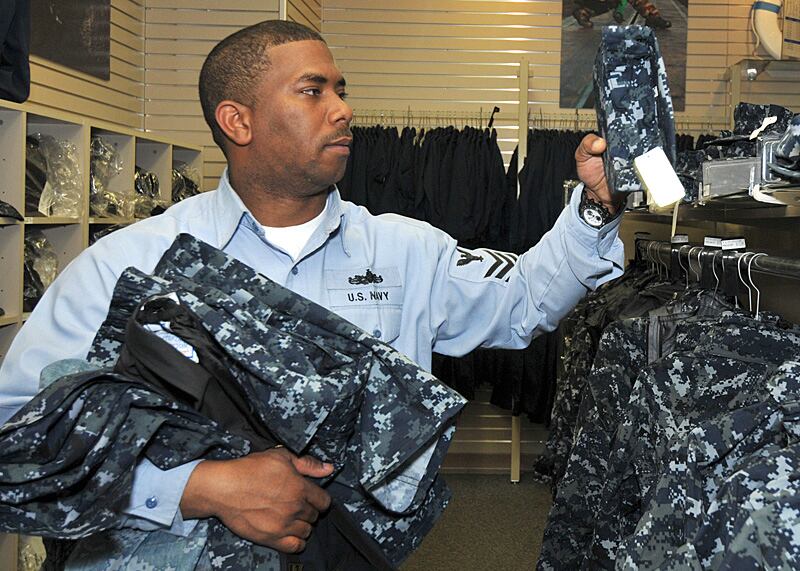
But that’s not the only change!
The NWU Type III eight-point cover with the Anchor, the frigate Constitution and Eagle — “ACE” — logo replaces the old cover with rank insignia.
Beginning on Oct. 1, 2017, sailors were given a full 24 months to purchase all the new required NWU Type III components and the Navy hiked their annual clothing replacement allowances to purchase them.
And they did that because sailors would never blow their money on beer or something ill-advised, which is why they won’t desperately dial the NEXCOM emergency uniform hotline tonight at 877–810–9030 to figure out a way to pass inspection tomorrow morning.
Instead, they’ll gather with shipmates, family and friends on this last day of the federal fiscal year to say fair winds and following seas to the blueberry, the ugliest, most flammable Navy working uniform ever invented.
J.D. Simkins is the executive editor of Military Times and Defense News, and a Marine Corps veteran of the Iraq War.
Tags:
navy uniform changesnavy uniformsworst military uniformsnew military uniformsnavy new uniformsnavy blueberriesnavy blueberry cammiesbest military uniformsdigital camouflage military uniformsdigital camouflage trendnavy awful uniformsIn Other News
